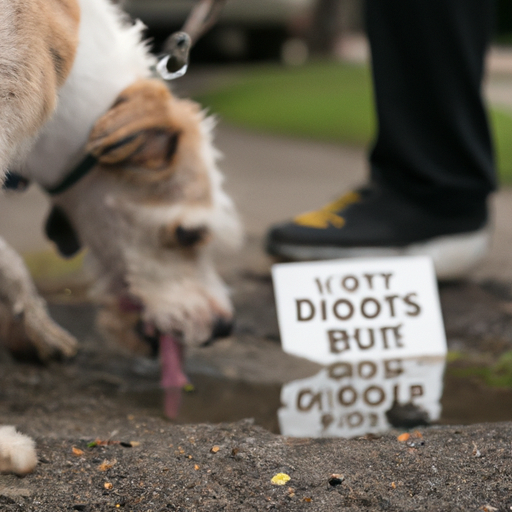As dog owners, we all share a deep bond with our furry companions. This bond motivates us to ensure our dogs are healthy and happy. Part of maintaining their health involves understanding potential health issues, one of which is urinary tract infections (UTIs). UTIs in dogs can cause discomfort and may lead to serious health complications if not treated promptly. This comprehensive guide will help you understand what can cause a UTI in dogs, how to prevent them, and treatment options.
Table of Contents
- Causes of UTIs in Dogs
- Symptoms of UTIs in Dogs
- Diagnosis of UTIs in Dogs
- Treatment for UTIs in Dogs
- Prevention of UTIs in Dogs
- Frequently Asked Questions
Key Takeaways
- A variety of factors can cause UTIs in dogs, including bacteria, stones, and tumors.
- Common symptoms include frequent urination, visible discomfort, and changes in behavior.
- UTIs in dogs are diagnosed through urine tests and sometimes additional imaging.
- Treatment typically involves antibiotics, but the underlying cause must also be addressed.
- Prevention methods include regular hygiene, adequate hydration, and routine veterinary check-ups.
Causes of UTIs in Dogs
The most common cause of UTIs in dogs is bacteria that enters the urinary tract and multiplies. This bacteria can come from various sources, including feces or dirt.
Stones, or uroliths, can also cause UTIs in dogs. These hard deposits can form in the urinary tract and cause inflammation or infection. They can be composed of different materials, such as struvite or calcium oxalate.
Tumors in the urinary tract can lead to infections as well. While these are less common, they can be serious and require immediate veterinary attention.
Other contributing factors to UTIs in dogs could be abnormalities in the urinary tract, immune system disorders, or long-term use of certain medications. For more detailed information about causes, check out this comprehensive article from Washington State University’s College of Veterinary Medicine.
Symptoms of UTIs in Dogs
Recognizing the signs of a UTI in your dog is essential for early detection and treatment. Some common symptoms include:
1. Frequent urination or attempts to urinate
2. Visible discomfort or pain while urinating
3. Blood in the urine
4. Urinating in inappropriate places
5. Changes in behavior, such as increased thirst or lethargy
If you notice any of these symptoms, it’s important to consult your vet immediately.
Diagnosis of UTIs in Dogs
If you suspect your dog has a UTI, the vet will likely start with a urine test. This test can identify bacteria and other abnormalities in the urine. In some cases, the vet may also recommend an ultrasound or X-ray to check for stones or tumors.
Treatment for UTIs in Dogs
The primary treatment for UTIs in dogs is antibiotics. The length of treatment may vary based on the severity of the infection and the type of bacteria causing it.
It’s important to also address the underlying cause of the UTI. For example, if your dog has a stone causing the infection, your vet may recommend a special diet or even surgery.
Prevention of UTIs in Dogs
Preventing UTIs in dogs involves maintaining good hygiene, ensuring your dog is well-hydrated, and regular vet check-ups. This article on OneTopDog offers excellent advice on maintaining your dog’s overall health.
Frequently Asked Questions
Q: Can UTIs in dogs resolve on their own?
A: While it’s possible for a mild UTI to clear up on its own, it’s safer to consult a vet for diagnosis and treatment. Ignoring a UTI can lead to serious complications.
Q: Are some dogs more prone to UTIs than others?
A: Yes, female dogs, older dogs, and dogs with diabetes are more prone to UTIs.
Q: Can my dog’s diet affect their risk of getting a UTI?
A: Absolutely. A balanced diet can support your dog’s overall health, including the urinary tract. Check out OneTopDog’s guide to nutrition for more information.
In conclusion, while UTIs in dogs can be concerning, understanding the causes, symptoms, and treatment options can help you ensure your dog gets the care they need. Remember, regular vet check-ups are essential in catching and addressing health issues early. For more tips on taking care of your dog, visit OneTopDog.



